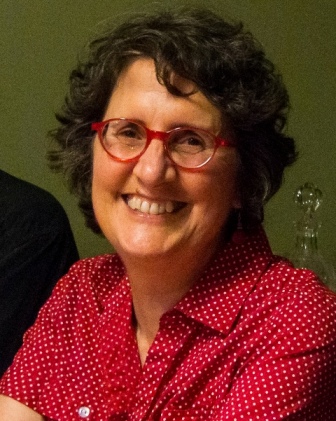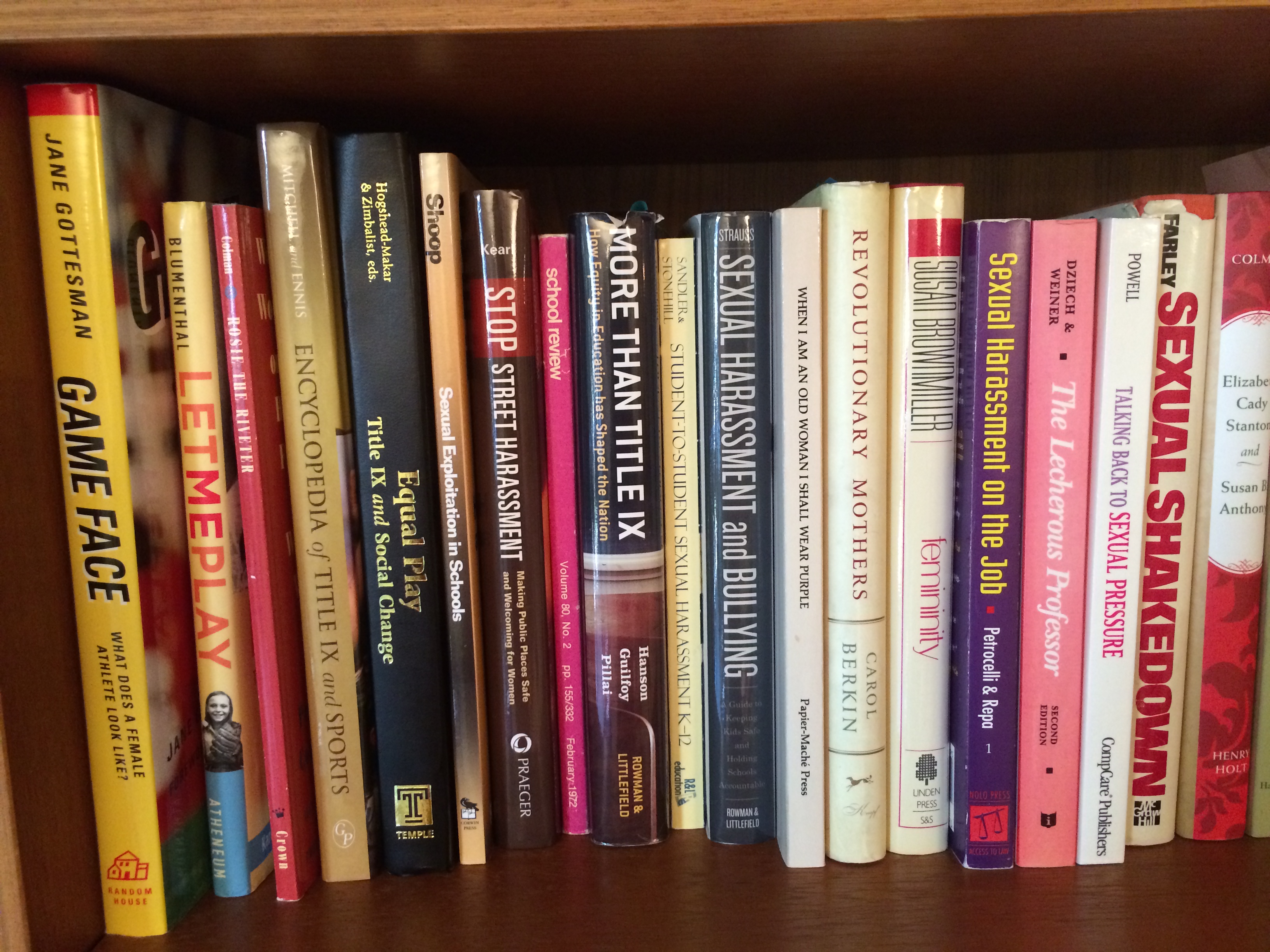How to write history as a non-historian
Writing a non-fiction book isn’t a specific skill that we’re taught. It’s not an innate talent. How does one learn to write a book? In my case, by doing. I spent most of my career as a journalist, and those skills gave me a strong foundation to begin. But there are pitfalls to beware of when tackling something new that may require different skills. Uppity Women, my second non-fiction book, is something new to me – narrative history, not just journalism. Professional historians get specialized training that I don’t have. How, then, do I make sure that I get it right?
A case in point: Recent controversy around journalist Naomi Wolf’s 2019 book Outrages: Sex, Censorship, and the Criminalization of Love should make any journalist writing history slightly nervous. Her publisher announced a recall of distributed copies shortly after its launch and delayed its publication in the United States when legal historians pointed out a blunder. While others came to her defense and even suggested sexism in the critiques, there’s no denying that the controversy diverted public attention away from the main points she was trying to make.
How do I avoid Wolfing my book? And make sure that my interpretations of articles and archives are legitimate? As a journalist, I know that sometimes the media get it wrong or overlook things, so talking with the subjects of media stories was important to me. Comparing different archives proved crucial. Someone who only studied Rep. Patsy Takemoto Mink’s papers at the Library of Congress might accept the prevailing opinion on the Internet that she authored Title IX. But studying five other archives pertinent to the origins of Title IX (and interviewing Mink’s daughter and numerous “foremothers” of Title IX) gave me a more accurate picture of its dynamic history and where Rep. Mink entered the story.

My approach
In researching both my first book (Plug-in Hybrids: The Cars That Will Recharge America) and now Uppity Women and the Ongoing Fight for a Fair Education: A History of Title IX (The New Press, forthcoming) I explored both primary and secondary sources of information and analysis in my research. I interviewed dozens of people and examined original studies and reports — primary sources. I read dozens of books and articles providing background, analysis, and opinions — secondary sources. (You can see some of the books in the photo of my bookshelves. Are there any important titles that you think I’ve missed?)
For Uppity Women I also dove into a type of source I’d never explored before – historical archives. The kind Wolf looked at and misinterpreted. I wish I’d seen this wonderful series of posts by archivist and historian Kate Stewart before I began: “The secrets of archival research and why they shouldn’t be secret at all.” Luckily, I figured out by trial and error most of the tips she offers on a handy digital platter.

But there’s one step I missed initially that did some damage before I figured it out: The need to document carefully the box and folder of the item that you want to cite or quote, so you can identify your source. On my first trip to the fabulous archives at the Schlesinger Library on the History of Women in America, I didn’t do that carefully in all cases. But I was fortunate to make three subsequent research trips there, so I was able to retrace my steps. It just added more time and effort to my project.
As an aside, let me say that I came to love exploring archives. There’s a visceral thrill to holding a letter handwritten by Pauli Murray or Ruth Bader Ginsberg or Bernice Sandler, for instance. The intimacy of some documents offers surprising glimpses of personalities. Newspaper archives open a window on not only events but the way people perceived them in that era. And sometimes it all feels like a giant jigsaw puzzle, connecting different pieces of information from various archives to try and see the bigger picture. As much as I enjoy writing and being a writer, this gave me a new thrill. If there is such a thing as a next life, may I come back as a historian or archivist, please?
Be a beta reader
I’m not a trained historian. And I don’t have an advanced degree in law or Women’s Studies. I want to be confident in my conclusions and arguments about how Title IX evolved from the women’s movement, influenced it in an iterative fashion, and affected all of our lives (or not). My research and writing shouldn’t be the focus of public reviews when my book comes out. Title IX and my thoughts about it should be.
Ideally a few experts in legal and women’s history will read a draft of my book before I deliver the manuscript to my publisher. Also, I’m looking for a diverse handful of general “beta readers” to give me their opinions on the book’s readability and handling of intersectional oppression. If any of that sounds like you and you’d be available in about six months, let me know that you’re interested!
First, though, I have to finish writing it. I realize that Wolf also gave her draft to some experts to read who didn’t catch her mistake. The ultimate responsibility falls on me to get it right. I’ll be stepping away from social media and probably blogging even less often in the near future until I finish that first draft. Time to buckle down and write.







Very interesting Sherry. Thank you.